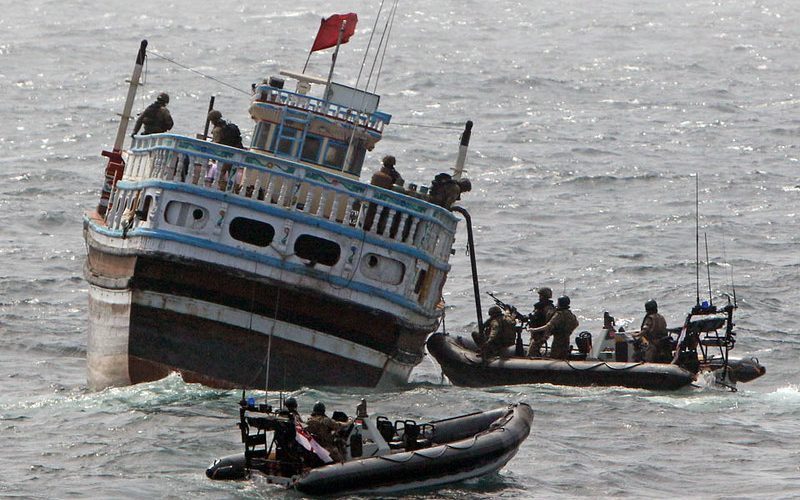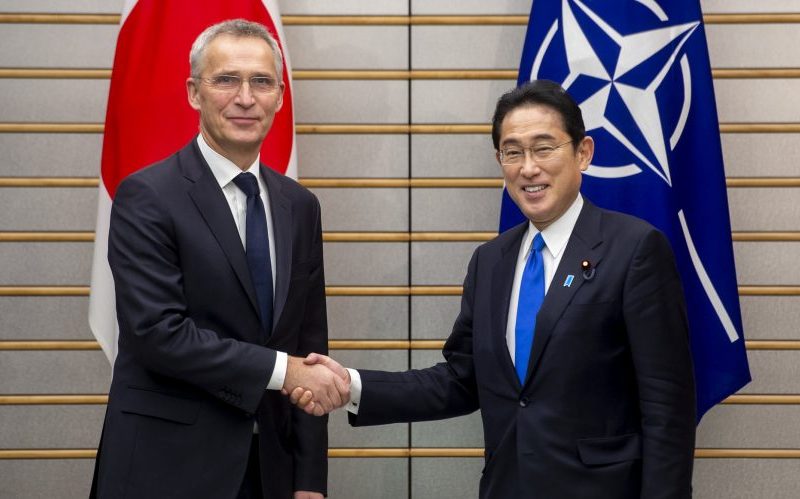
Is it possible to prevent piracy in the 21st century?
Maritime piracy is a challenge in the 21st century because of how it affects international trade. The rise of globalisation, described as the growing interconnectedness between states, highlights the growing dependence on maritime trading routes which is vital to the economic development of many coastal states. The Gulf of Guinea, where Nigeria is located, possesses a high number of natural oil resources which have been put at risk due to the rise in oil theft. As Nigeria has no narrow straights to restrict shipping, it is more susceptible to violent pirate attacks than other areas in the region. The launch of the Deep Blue Project was pivotal in the Nigerian maritime domain and could serve as a blueprint for preventing piracy in other regions.

Japan’s New Defence Doctrine: The Game is On
2023 is going to be a significant year for Japan, as it is holding the Presidency of G7 and additionally joining the United Nations Security Council as a non-permanent member. Japan’s recently announced new security policy demonstrates the realisation that geopolitics is changing, and that it needs to be prepared to face the realities of a changing region.

Changing the Playing Field: Non-Traditional Security Threats and the State of International Security
Whenever national security is brought up in public discourse, it is commonly thought of and discussed in stricter terms. Images of military personnel performing combat operations, government-sponsored hackers performing network intrusions, or hypersonic missile launches are among the first images. However, these are only part of the entire national security threats posing nation-states around the globe. Non-traditional security threats pose a real and serious challenge to the Intelligence Community and the U.S. national security strategy as a whole.

